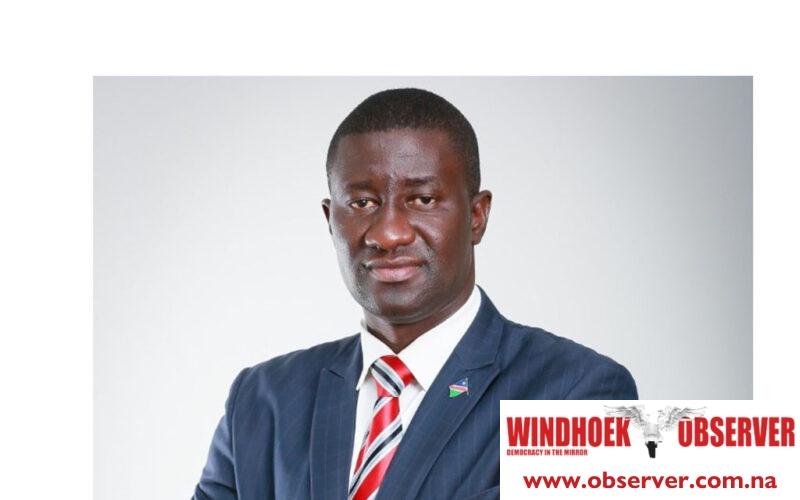Hertta-Maria Amutenja
The construction of the Otjiwarongo referral hospital planned seven years ago with a budget of N$720 million, remains stalled, causing challenges for healthcare access in the region.
In an interview with the Windhoek Observer on Thursday, Otjozondjupa Governor James Uerikua said that decentralisation of procurement functions to local governments could expedite the process.
“As the regional government, we do not have much control over what happens in procurement, and it is hampering progress because it is at the central government. If this element could be decentralised, it could speed up the process,” said Uerikua.
Despite allocating an erf, servicing the land, and installing electrical cables, he said that actual construction has not yet begun due to budgetary constraints.
Uerikua added that despite these efforts, the residents of Otjozondjupa and surrounding areas continue to face healthcare challenges.
He said the region’s over 220 000 residents are underserved, with only three ambulances available.
“The ratio of doctors to patients is a major issue. Transportation and ambulances are also another challenge. We are really in need of ambulances, as we have a limited number. The ministry has made significant improvements. For instance, a 12-bed ICU facility and muturay have been revamped,” said Uerikua.
The Namibia Nurses Union (NANU) also expressed frustration over the delays.
In a social media post, NANU noted that nurses must accompany patients to Windhoek for specialised services from as far as the Zambezi region.
“Picture a patient in excruciating pain having to endure a bus journey of over 12 hours to access health services in Windhoek,” read the post.
Community members have voiced their dissatisfaction with the ongoing delays.
Maria Kambinda, a resident of Otjiwarongo, said, It’s frustrating and heartbreaking to see that they still don’t have a referral hospital.
“After so many years, we still don’t have the referral hospital we were promised. My nephew, who suffers from a chronic heart condition, had to travel to Windhoek for treatment. The journey is gruelling for him and the rest of the family,” said.
Simon Amutenya, from the Zambezi Region, shared similar concerns.
“People from our region have to travel to Windhoek for specialised medical services, which is not only expensive but also dangerous for those who are seriously ill.,” he said.
The Ministry of Health and Social Services condemned the vandalism of public assets, urging community members to report any such incidents to law enforcement agencies.
“We call on all our people to become part and parcel of efforts to strengthen our public health system by safeguarding public assets rather than destroying them,” said the executive director of the ministry, Ben Nangombe.
Nangombe outlined various ongoing initiatives to improve healthcare delivery. These include the creation of dialysis units and intensive care units (ICUs) throughout the country.




